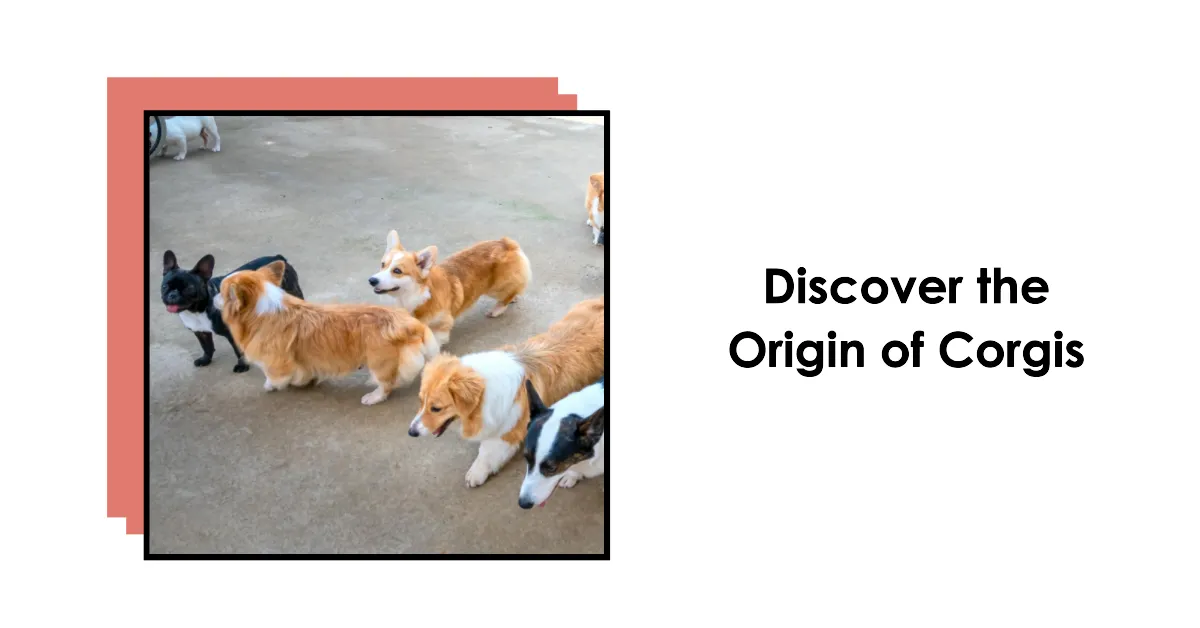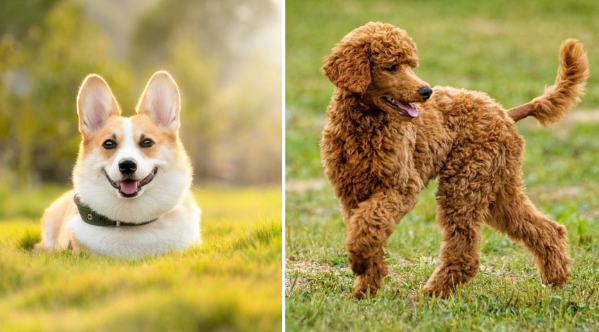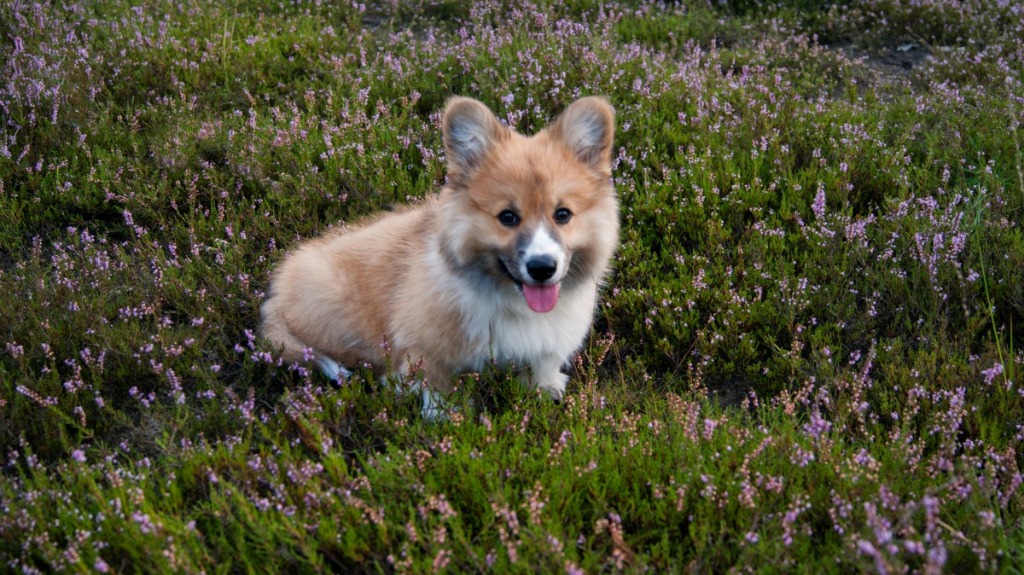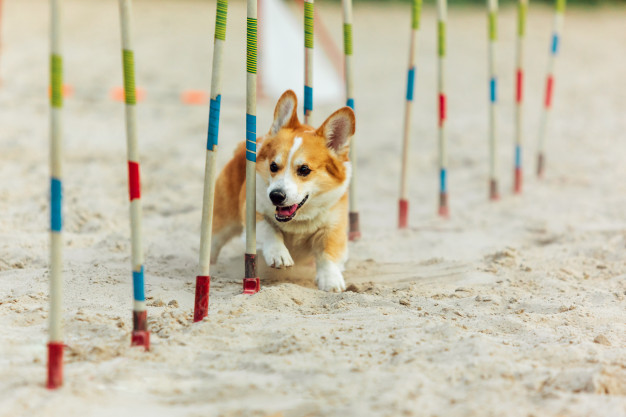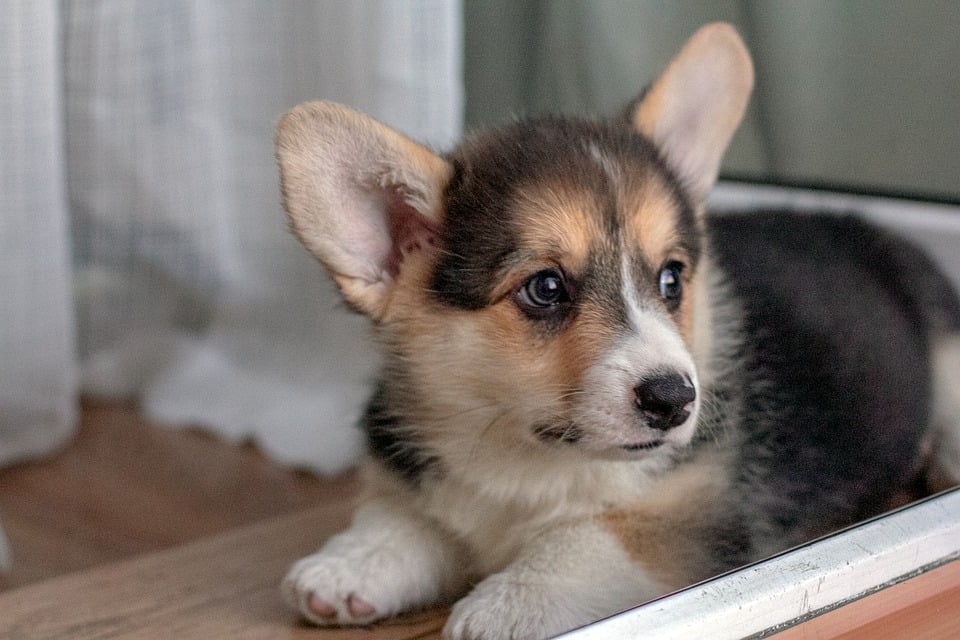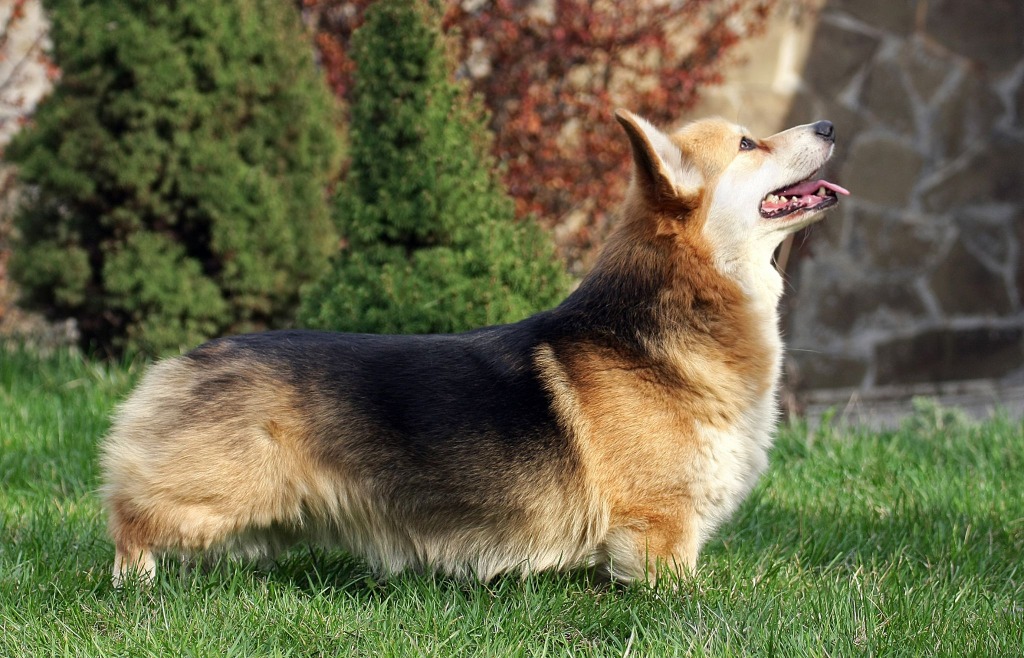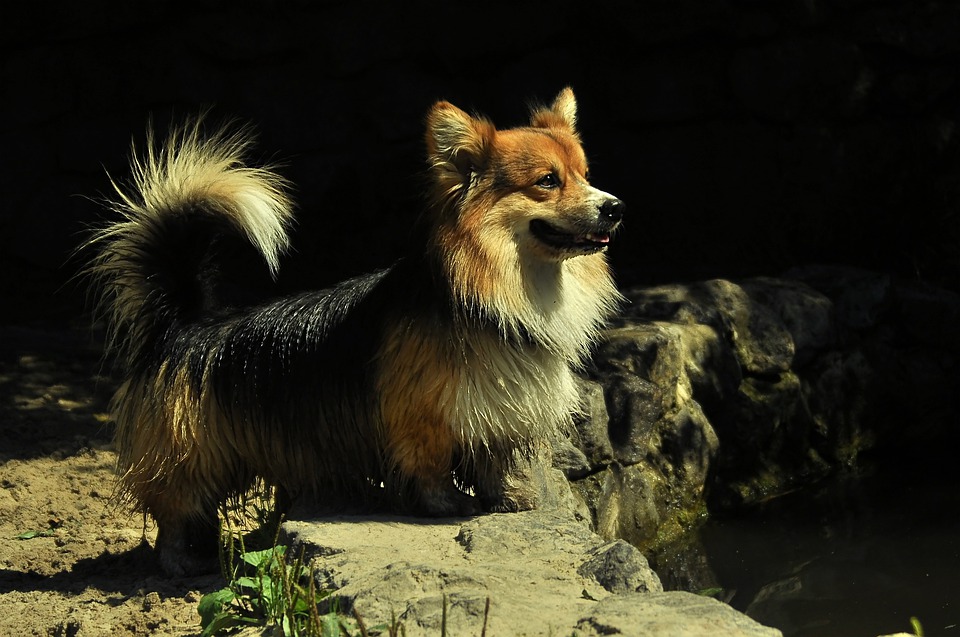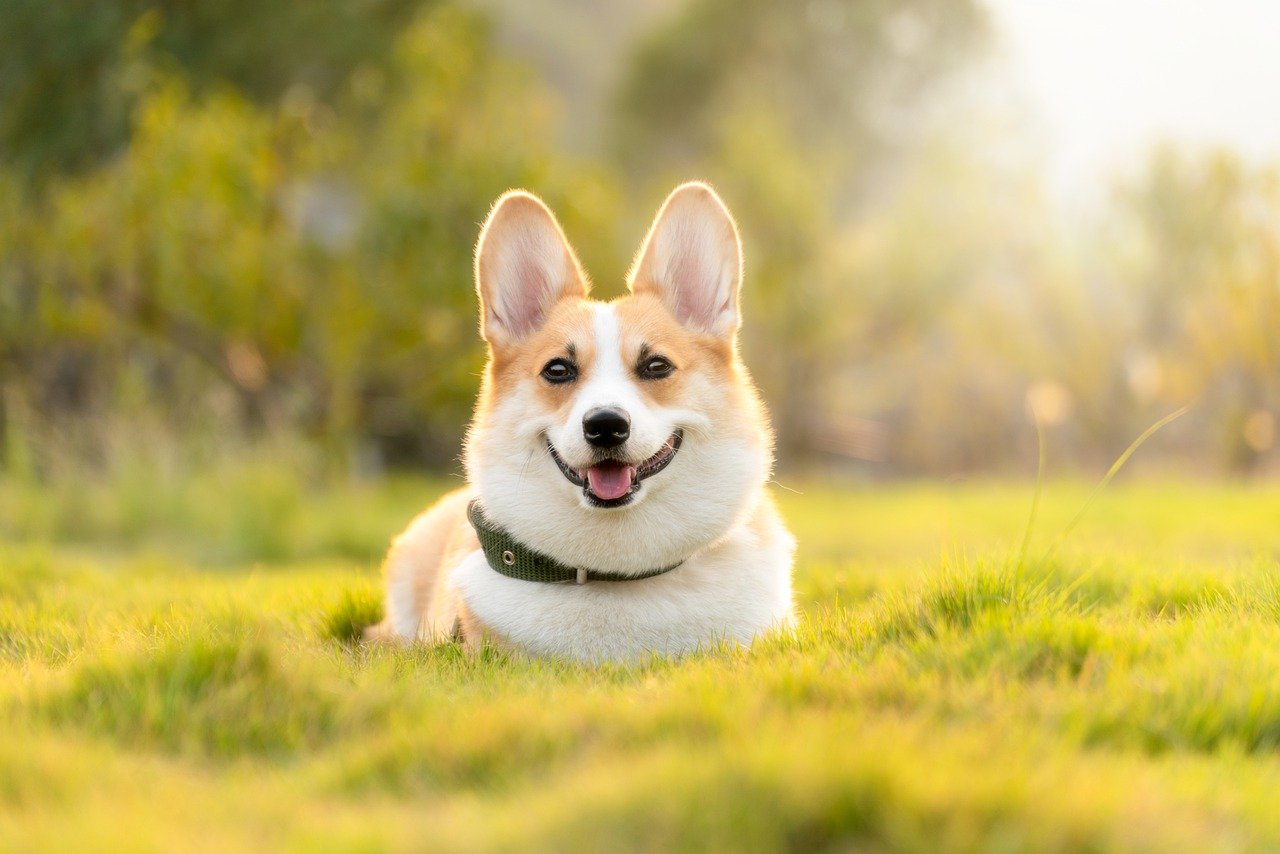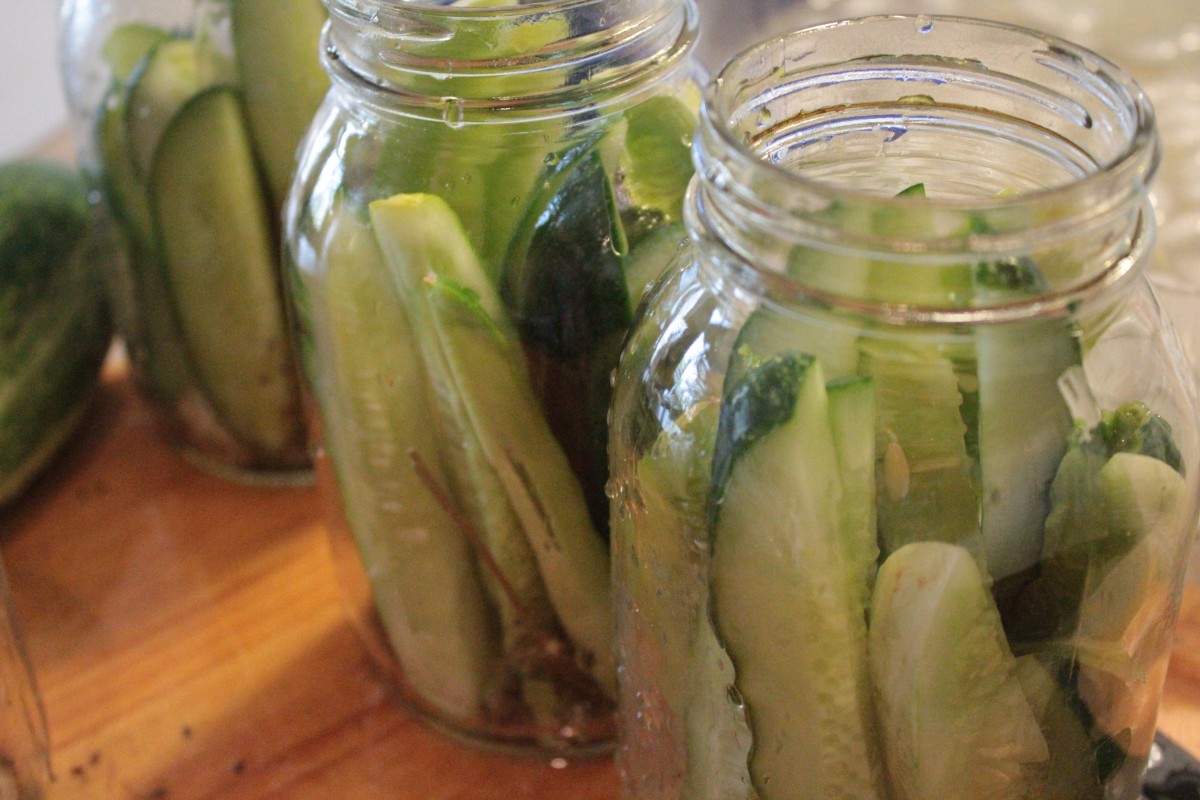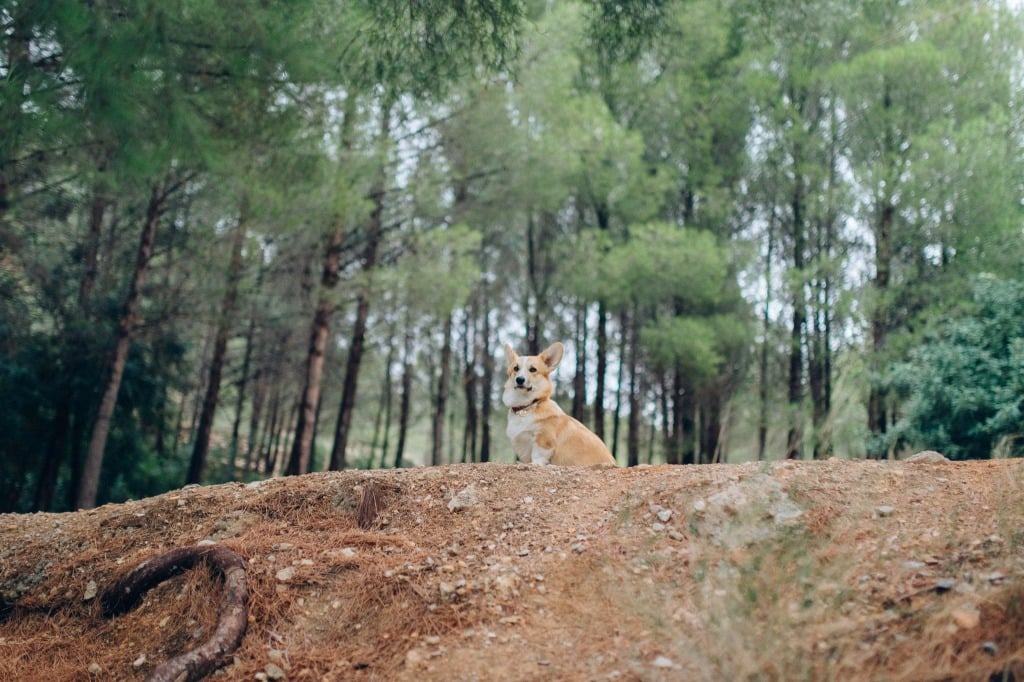The Power of Gentle Training for Your Elderly Corgi
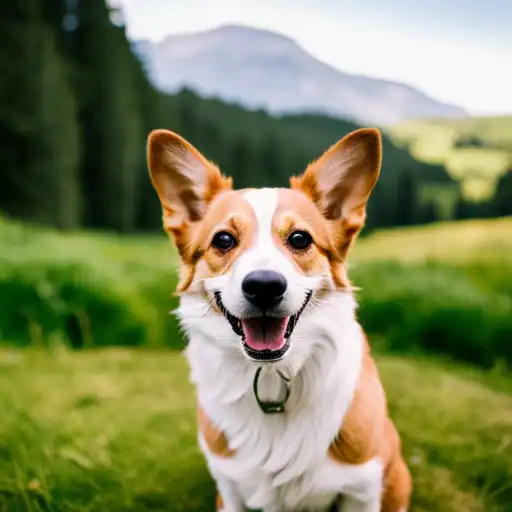
Picture this: your elderly corgi, with their fluffy coat and wise eyes, gracefully navigating through their golden years. As a loving owner, you want to ensure their safety and happiness during this stage of life. That's where the power of gentle training comes in.
By incorporating gentle training techniques into your corgi's routine, you can provide them with a sense of mental stimulation, improve their physical health, and strengthen your bond together. Additionally, gentle training can help prevent behavioral issues and assist in managing any aging-related challenges your furry friend may face.
In this guide, we'll explore the benefits of gentle training, offer tips for implementation, and show you how this approach can make a world of difference for your elderly corgi. So let's dive in and discover the wonders this training method can bring!
The Benefits of Gentle Training
Gentle training offers numerous advantages for your elderly corgi, enhancing their overall well-being and fostering a stronger bond between you and your furry companion. One of the key benefits of gentle training is the opportunity to engage in interactive games with your corgi. These games not only provide mental stimulation but also help to keep your elderly corgi physically active.
Whether it's a game of hide-and-seek or a puzzle toy that rewards your corgi's problem-solving skills, interactive games are a fun and engaging way to train your furry friend. Additionally, gentle training is based on reward-based techniques, which means you can use treats or praise to motivate your corgi during training sessions.
This positive reinforcement helps your elderly corgi associate training with a positive experience, making them more eager to participate and learn. By incorporating interactive games and reward-based training, you can ensure the safety and well-being of your elderly corgi while strengthening your bond with them.
Enhancing Mental Stimulation
Looking to enhance your elderly corgi's mental stimulation?
Interactive puzzle toys are a great way to keep their mind active and engaged. These toys provide a challenge that will keep your corgi entertained while also exercising their problem-solving skills.
Additionally, enrichment activities specifically designed for senior dogs, such as scent games or hide-and-seek, can provide mental stimulation and keep their minds sharp.
Interactive Puzzle Toys
To enhance mental stimulation for your elderly corgi, try out interactive puzzle toys with multiple compartments and hidden treats. These toys are a great way to engage your furry companion's mind and keep them entertained.
DIY treat dispensers can be a fun and rewarding activity for your corgi. You can hide their favorite treats inside the puzzle toy and watch as they use their problem-solving skills to find them. Not only will this provide mental stimulation, but it will also satisfy their natural instinct to forage and hunt for food.
Scent-based games are another excellent option for mental stimulation. You can hide treats around the house and encourage your corgi to use their nose to find them. This won't only keep them mentally sharp but also provide them with a fun and rewarding activity.
Enrichment Activities for Seniors
Engage your elderly corgi's mind and keep them mentally stimulated with regular enrichment activities.
Senior dog activities are a great way to provide mental stimulation for elderly dogs, helping to keep their minds sharp and active.
One option is to introduce new toys that challenge their problem-solving skills. Puzzle toys, for example, can be filled with treats or kibble, encouraging your corgi to figure out how to access the rewards.
Another activity to consider is scent work, which taps into their natural instincts. Hide treats or toys around the house and let them use their noses to sniff them out. This not only provides mental stimulation but also keeps them physically active.
Cognitive Training Exercises
You can enhance your elderly corgi's mental stimulation through gentle training exercises. Cognitive training techniques are a great way to keep your furry friend mentally fit and engaged. These exercises help stimulate their brain, prevent cognitive decline, and improve their overall well-being.
One effective technique is puzzle toys, which challenge your corgi to problem-solve and retrieve treats. Another technique involves teaching them new tricks or commands, which requires them to think and remember. Additionally, interactive games like hide-and-seek can keep their minds sharp and active.
Remember to keep the training sessions short and enjoyable, as your corgi may tire more easily in their older age. By incorporating these mental fitness exercises into your corgi's routine, you'll provide them with the mental stimulation they need to stay happy and healthy.
Improving Physical Health
Regular exercise is crucial for maintaining the physical health of your elderly Corgi. Not only does it promote mobility, but it can also help reduce joint pain.
Here are some ways you can improve your furry friend's physical health:
- Low-impact exercises: Opt for activities like walking, swimming, or gentle play that don't put too much strain on your Corgi's joints.
- Stretching routines: Incorporate regular stretching sessions into your Corgi's exercise routine to improve flexibility and prevent muscle stiffness.
- Balanced diet: Ensure your Corgi is eating a nutritious diet that supports their overall health, including strong bones and joints.
- Regular check-ups: Schedule regular vet visits to monitor your Corgi's physical health and address any potential issues before they become serious.
Strengthening the Bond With Your Corgi
As you focus on improving your elderly Corgi's physical health, it's important to strengthen the bond between you and your furry companion through gentle training.
Strengthening communication and building trust are key elements in deepening your connection with your Corgi. By engaging in training activities together, you not only provide mental stimulation but also create opportunities for bonding.
Start with basic commands like sit, stay, and come, using positive reinforcement such as treats and praise. Remember to be patient and consistent, as older dogs may take longer to learn new things.
Additionally, incorporate interactive play sessions and grooming routines to enhance your bond. Spending quality time with your Corgi won't only improve their behavior but also bring you closer together, creating a lifelong companionship built on trust and understanding.
Preventing Behavioral Issues
Now that you've established a strong bond with your elderly Corgi, it's important to focus on preventing any potential behavioral issues.
Positive reinforcement techniques, such as rewarding good behavior with treats or praise, can go a long way in shaping your Corgi's behavior.
Early socialization and training are also key factors in preventing behavioral problems, as they help your Corgi become comfortable and well-behaved in different situations.
Positive Reinforcement Techniques
To effectively prevent behavioral issues in your elderly corgi, it's important to consistently utilize positive reinforcement techniques. Positive reinforcement is a powerful tool that can help shape your dog's behavior in a safe and effective way.
Here are some techniques to consider:
- Reward-based training: Use treats, praise, and affection to reward your corgi for displaying desired behaviors. This will motivate them to repeat those behaviors.
- Clicker training: Pair a clicker with treats to mark and reinforce good behavior. The sound of the clicker becomes a signal for your corgi that they've done something right.
- Consistency: Be consistent in your training approach and expectations. This will help your corgi understand what's expected of them.
- Patience: Remember that training takes time and patience. Be patient with your corgi and celebrate small victories along the way.
Early Socialization and Training
Start socializing and training your elderly corgi early to prevent behavioral issues.
Socialization techniques and training methods play a crucial role in shaping your dog's behavior and ensuring their safety. Early socialization helps your corgi become comfortable and confident in various social situations, reducing the likelihood of fear-based aggression or anxiety later on.
Introduce your corgi to different people, animals, and environments gradually and in a positive manner. Encourage positive interactions and reward good behavior.
Training methods that focus on positive reinforcement, such as giving treats or praise when your corgi follows commands correctly, can be highly effective. Consistency, patience, and gentle guidance are key when training an elderly corgi.
Managing Aging-related Challenges
As an owner of an elderly Corgi, you can effectively manage the challenges that come with aging through gentle training. Here are some tips and strategies to help you adapt to the aging-related challenges:
- Regular vet check-ups: Schedule regular visits to the vet to ensure your Corgi's health is monitored closely. This will help catch any potential issues early on.
- Adjust exercise routine: As your Corgi gets older, their energy levels may decrease. Modify their exercise routine to include shorter walks or gentle play sessions to avoid overexertion.
- Provide mental stimulation: Keep your Corgi's mind sharp by engaging them in mentally stimulating activities like puzzle toys or obedience training. This will help prevent cognitive decline.
- Modify the environment: Make necessary changes to your home to accommodate your Corgi's aging body. Install ramps or provide easy access to their favorite spots to avoid strain or injury.
Tips for Implementing Gentle Training
When implementing gentle training for your elderly Corgi, it's important to establish clear communication and positive reinforcement. Gentle training techniques are crucial for your dog's well-being, especially as they age.
First, be consistent in your approach. Dogs thrive on routine, and clear expectations will help them understand what's expected of them. Use positive reinforcement, such as treats or praise, to reward good behavior. This will create a positive association with training and motivate your Corgi to continue learning.
Remember to be patient and understanding, as older dogs may take longer to grasp new commands. Finally, always prioritize your dog's safety. Avoid any training techniques that may cause harm or discomfort.
Frequently Asked Questions
How Long Does It Usually Take to See Results From Gentle Training With an Elderly Corgi?
With gentle training techniques for your elderly corgi, you'll see improvements in behavior and trust. Positive reinforcement is key. Results vary, but with patience and consistency, you'll notice positive changes in a matter of weeks.
Can Gentle Training Be Used to Address Specific Behavioral Problems in Elderly Corgis, Such as Separation Anxiety or Aggression?
Yes, gentle training can be used to address specific behavioral problems in elderly corgis. Effective strategies for managing separation anxiety and aggression include positive reinforcement, desensitization, and creating a safe and comforting environment.
Are There Any Age-Related Limitations or Considerations When Implementing Gentle Training With an Elderly Corgi?
When it comes to gentle training for your elderly corgi, it's important to consider any age-related limitations. Take into account their physical abilities and health conditions to ensure their safety and well-being throughout the training process.
What Are Some Common Mistakes to Avoid When Training an Elderly Corgi Using Gentle Methods?
When training your elderly corgi using gentle methods, it's important to avoid common mistakes. Be patient and understanding, use clear and consistent cues, and avoid overwhelming them. Remember, effective communication is key.
Is It Ever Too Late to Start Gentle Training With an Elderly Corgi, Especially if They Have Never Received Any Training Before?
Is it ever too late to start training your elderly corgi? Absolutely not! Gentle training techniques can still be effective, even if your dog has never been trained before. Here are some tips to get started.

